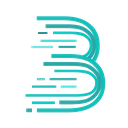-
 Bitcoin
Bitcoin
$93,425.0082
-1.41% -
 Ethereum
Ethereum
$3,251.3781
-2.67% -
 Tether USDt
Tether USDt
$0.9998
0.03% -
 XRP
XRP
$2.2839
-3.20% -
 BNB
BNB
$687.8486
-1.57% -
 Solana
Solana
$188.7718
-4.14% -
 Dogecoin
Dogecoin
$0.3260
-4.78% -
 USDC
USDC
$0.9999
-0.01% -
 Cardano
Cardano
$0.9216
-2.62% -
 TRON
TRON
$0.2409
-3.31% -
 Avalanche
Avalanche
$36.7574
-1.79% -
 Sui
Sui
$4.8158
-0.42% -
 Toncoin
Toncoin
$5.2066
-2.08% -
 Chainlink
Chainlink
$19.9386
-2.71% -
 Shiba Inu
Shiba Inu
$0.0000
-0.32% -
 Stellar
Stellar
$0.3965
-5.56% -
 Hedera
Hedera
$0.2736
-2.71% -
 Polkadot
Polkadot
$6.6367
-2.06% -
 Bitcoin Cash
Bitcoin Cash
$424.0291
-2.44% -
 UNUS SED LEO
UNUS SED LEO
$9.0875
-0.30% -
 Uniswap
Uniswap
$13.2592
0.48% -
 Litecoin
Litecoin
$103.7035
1.87% -
 Bitget Token
Bitget Token
$6.4451
1.18% -
 Pepe
Pepe
$0.0000
-3.98% -
 Hyperliquid
Hyperliquid
$21.1517
-11.39% -
 NEAR Protocol
NEAR Protocol
$5.0462
-2.28% -
 Ethena USDe
Ethena USDe
$0.9989
0.02% -
 Dai
Dai
$1.0000
0.02% -
 Internet Computer
Internet Computer
$10.3318
-5.05% -
 Aptos
Aptos
$8.7664
-3.40%
What exactly do the currency circles refer to as “off-book currency” and “book currency”?
Off-book currency transactions provide enhanced privacy and lower fees compared to book currency transactions on centralized exchanges.
Nov 07, 2024 at 10:30 am
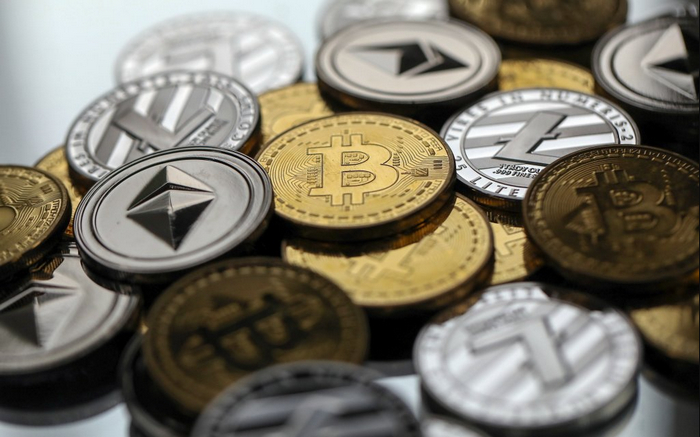
Delving into Off-Book and Book Currency: A Comprehensive Guide
Understanding Off-Book Currency
- Definition: Off-book currency refers to cryptocurrency transactions and holdings that are not recorded on a centralized exchange or accounting ledger. These transactions occur directly between two or more parties, known as peer-to-peer (P2P) transactions.
- Characteristics: Off-book currency transactions are characterized by anonymity, reduced fees, and greater privacy compared to on-book transactions. They are not tracked by third parties, making it difficult to trace or monitor the flow of funds.
Advantages:
- Enhanced Privacy: Off-book transactions provide a higher level of privacy as they do not leave a public record on exchanges or blockchains.
- Lower Fees: P2P transactions typically involve lower fees compared to centralized exchanges, as there are no intermediary fees or spread markups.
- Increased Flexibility: Off-book transactions offer greater flexibility for custom arrangements between parties, such as setting specific exchange rates or payment terms.
Examples: Off-book currency transactions can take the form of:
- Direct transfers from one cryptocurrency wallet to another.
- Over-the-counter (OTC) trading platforms that facilitate private transactions.
- Using decentralized exchanges (DEXs) that operate without intermediaries.
Exploring Book Currency
- Definition: Book currency refers to cryptocurrency assets that are held on centralized exchanges or other platforms that maintain a record of all transactions. These platforms act as custodians for the assets and provide users with an interface for trading, investing, and managing their funds.
- Characteristics: Book currency transactions are typically recorded on public blockchains and are subject to regulatory oversight. They may involve higher transaction fees and less privacy compared to off-book transactions.
Advantages:
- Convenience: Book currency offers convenience for users who prefer the ease of trading and managing their assets on a single platform.
- Accessibility: Centralized exchanges provide gateways for users to access a wider range of cryptocurrencies and trading pairs than may be available in off-book markets.
- Security Features: Many centralized exchanges implement robust security measures to protect user funds from unauthorized access and theft.
Examples: Book currency transactions typically occur on platforms such as:
- Binance
- Coinbase
- KuCoin
- Kraken
Distinguishing Off-Book and Book Currency
- Transparency: Off-book currency transactions are typically anonymous and can be difficult to trace, while book currency transactions are recorded on a public ledger and are more transparent.
- Fees: Off-book currency transactions generally have lower fees, while book currency transactions may involve higher fees to cover platform maintenance and security measures.
- Privacy: Off-book currency offers greater privacy as it does not require personal information disclosure or interaction with intermediaries, whereas book currency transactions require user verification and may involve third-party KYC/AML compliance checks.
- Counterparty Risk: Off-book currency transactions involve direct interactions between parties, introducing counterparty risk, while book currency transactions often involve reputable exchanges that act as custodians and mitigate these risks.
- Regulatory Compliance: Book currency transactions are more closely regulated and may require compliance with KYC/AML requirements, while off-book currency transactions may fall outside of regulatory frameworks.
Disclaimer:info@kdj.com
The information provided is not trading advice. kdj.com does not assume any responsibility for any investments made based on the information provided in this article. Cryptocurrencies are highly volatile and it is highly recommended that you invest with caution after thorough research!
If you believe that the content used on this website infringes your copyright, please contact us immediately (info@kdj.com) and we will delete it promptly.
-
Dogecoin (DOGE) Sentiment Hits New Low, But Santiment Suggests Market Crash Might Signal an Opportunity
- 2025-01-10 10:30:24
-
Aptos (APT) Records Spike in Key Metrics, Suggesting Potential for Price Recovery
- 2025-01-10 10:40:24
-
XRP Price Trajectory From 2020 to 2025 and Predictions for the Future
- 2025-01-10 10:50:24
-
Qubetics ($TICS), Tron, and Tezos: The Top Cryptos to Buy This Weekend
- 2025-01-10 10:30:24
-
Top Altcoins to Buy for January 2025: Qubetics Sells Over 408M Tokens in Presale Blitz While XRP and Celestia Follow Suit
- 2025-01-10 10:50:24
-
3 Unmissable New Meme Coins to Join This Month: BTFD Coin, Gigachad, COQ Inu
- 2025-01-10 10:30:24
Related knowledge
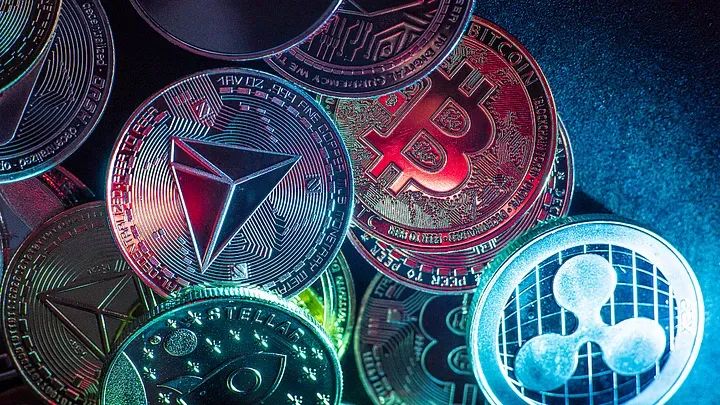
What Is The Difference Between Fungible And Non-Fungible Tokens?
Nov 26,2024 at 01:04pm
Fungible vs. Non-Fungible Tokens: A Comprehensive GuideIn the realm of blockchain technology, the concept of tokens lies at the core of many applications. Tokens represent digital assets that can be used to facilitate transactions, store value, or represent ownership. However, there exists a fundamental distinction between two types of tokens: fungible ...
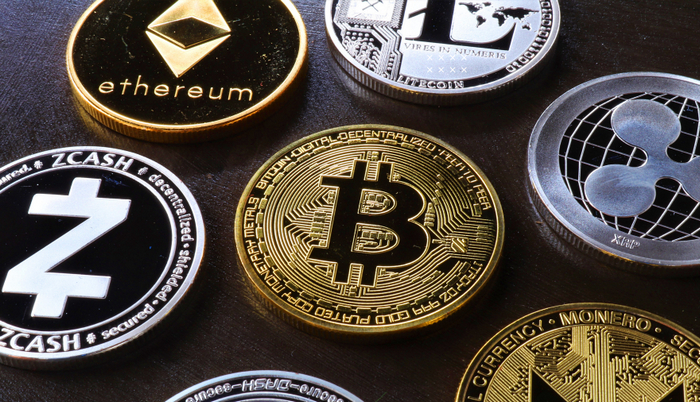
What is a Public Key Infrastructure?
Nov 23,2024 at 12:30am
What is a Public Key Infrastructure?IntroductionA Public Key Infrastructure (PKI) is a framework that enables secure communication over a network by managing digital certificates and public-key cryptography. PKI plays a crucial role in various blockchain applications, ensuring data integrity, authentication, and non-repudiation.Components of a PKIA PKI ...
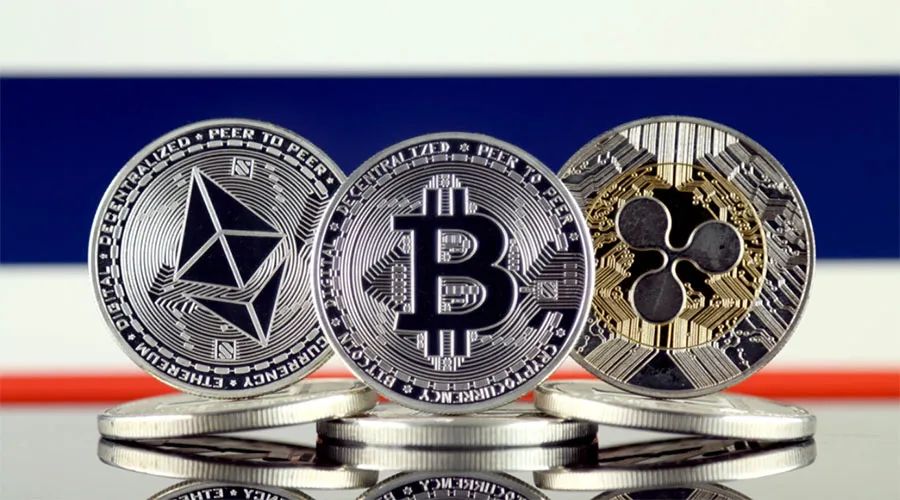
What is MEV (Miner Extractable Value)?
Nov 22,2024 at 06:22pm
What is Miner Extractable Value (MEV)?Introduction:Miner Extractable Value (MEV) is a term used to describe the profit that miners can make by manipulating the order of transactions in a block. This manipulation is possible because miners have the ability to choose the order in which transactions are included in a block, and they can use this power to f...
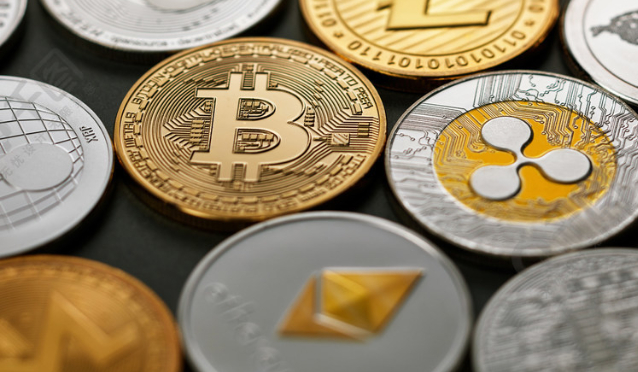
What is a Genesis Block?
Nov 24,2024 at 09:10pm
Decoding the Genesis Block: The Birth of BlockchainIntroductionThe Genesis block stands as the inaugural chapter in the blockchain saga, igniting the spark that revolutionized the world of finance and technology. This foundational block holds immense significance, embodying the inception of immutable ledgers, decentralized networks, and the transformati...
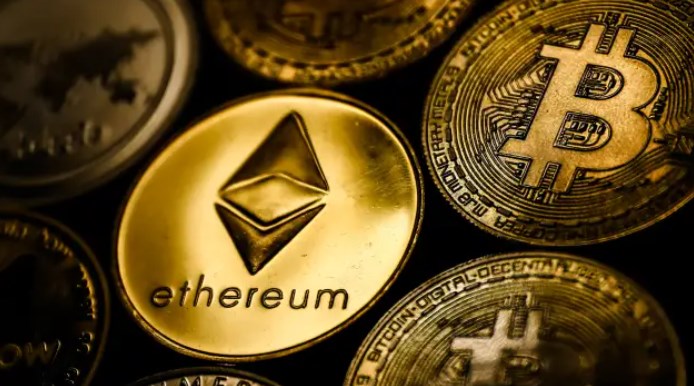
What Is an NFT Game?
Nov 26,2024 at 07:05am
What Is an NFT Game?Non-fungible tokens (NFTs) have taken the digital world by storm, empowering creators, collectors, and enthusiasts alike to own and trade unique digital assets. The integration of NFTs into the gaming industry has given rise to a captivating new realm known as NFT games, where players can not only enjoy immersive experiences but also...
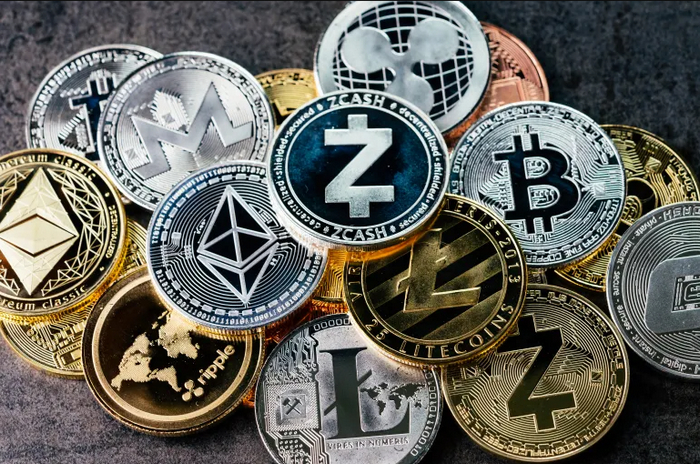
What Is an NFT Marketplace?
Nov 22,2024 at 07:43pm
What Is an NFT Marketplace?An NFT marketplace is a platform that facilitates the buying, selling, and trading of non-fungible tokens (NFTs). NFTs are unique digital assets that represent ownership of a specific item, such as a piece of art, music, video, or other collectible. NFT marketplaces allow users to create, list, and purchase NFTs, with transact...

What Is The Difference Between Fungible And Non-Fungible Tokens?
Nov 26,2024 at 01:04pm
Fungible vs. Non-Fungible Tokens: A Comprehensive GuideIn the realm of blockchain technology, the concept of tokens lies at the core of many applications. Tokens represent digital assets that can be used to facilitate transactions, store value, or represent ownership. However, there exists a fundamental distinction between two types of tokens: fungible ...

What is a Public Key Infrastructure?
Nov 23,2024 at 12:30am
What is a Public Key Infrastructure?IntroductionA Public Key Infrastructure (PKI) is a framework that enables secure communication over a network by managing digital certificates and public-key cryptography. PKI plays a crucial role in various blockchain applications, ensuring data integrity, authentication, and non-repudiation.Components of a PKIA PKI ...

What is MEV (Miner Extractable Value)?
Nov 22,2024 at 06:22pm
What is Miner Extractable Value (MEV)?Introduction:Miner Extractable Value (MEV) is a term used to describe the profit that miners can make by manipulating the order of transactions in a block. This manipulation is possible because miners have the ability to choose the order in which transactions are included in a block, and they can use this power to f...

What is a Genesis Block?
Nov 24,2024 at 09:10pm
Decoding the Genesis Block: The Birth of BlockchainIntroductionThe Genesis block stands as the inaugural chapter in the blockchain saga, igniting the spark that revolutionized the world of finance and technology. This foundational block holds immense significance, embodying the inception of immutable ledgers, decentralized networks, and the transformati...

What Is an NFT Game?
Nov 26,2024 at 07:05am
What Is an NFT Game?Non-fungible tokens (NFTs) have taken the digital world by storm, empowering creators, collectors, and enthusiasts alike to own and trade unique digital assets. The integration of NFTs into the gaming industry has given rise to a captivating new realm known as NFT games, where players can not only enjoy immersive experiences but also...

What Is an NFT Marketplace?
Nov 22,2024 at 07:43pm
What Is an NFT Marketplace?An NFT marketplace is a platform that facilitates the buying, selling, and trading of non-fungible tokens (NFTs). NFTs are unique digital assets that represent ownership of a specific item, such as a piece of art, music, video, or other collectible. NFT marketplaces allow users to create, list, and purchase NFTs, with transact...
See all articles







































